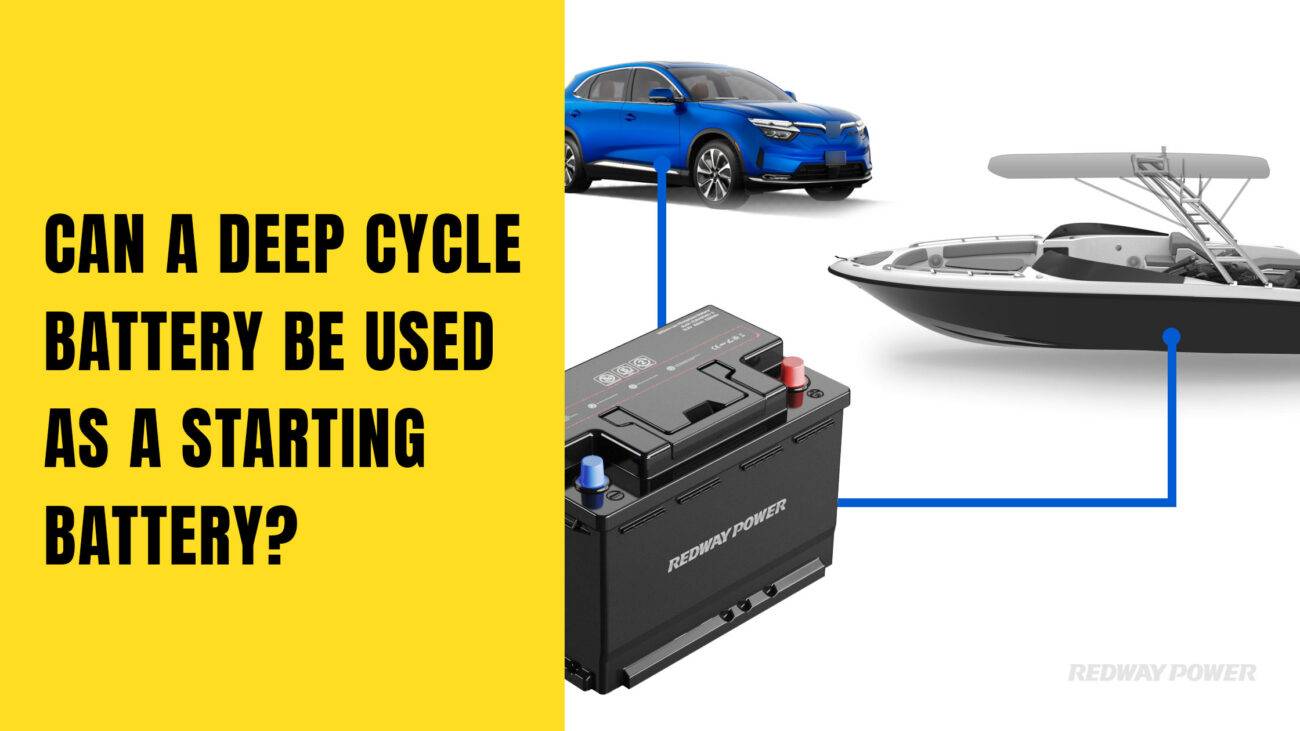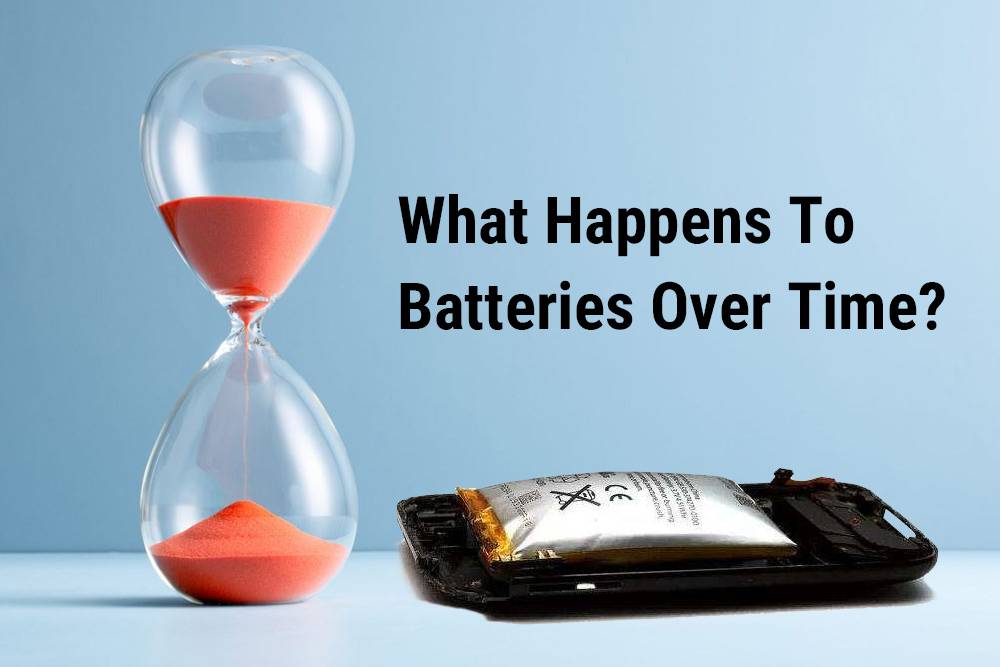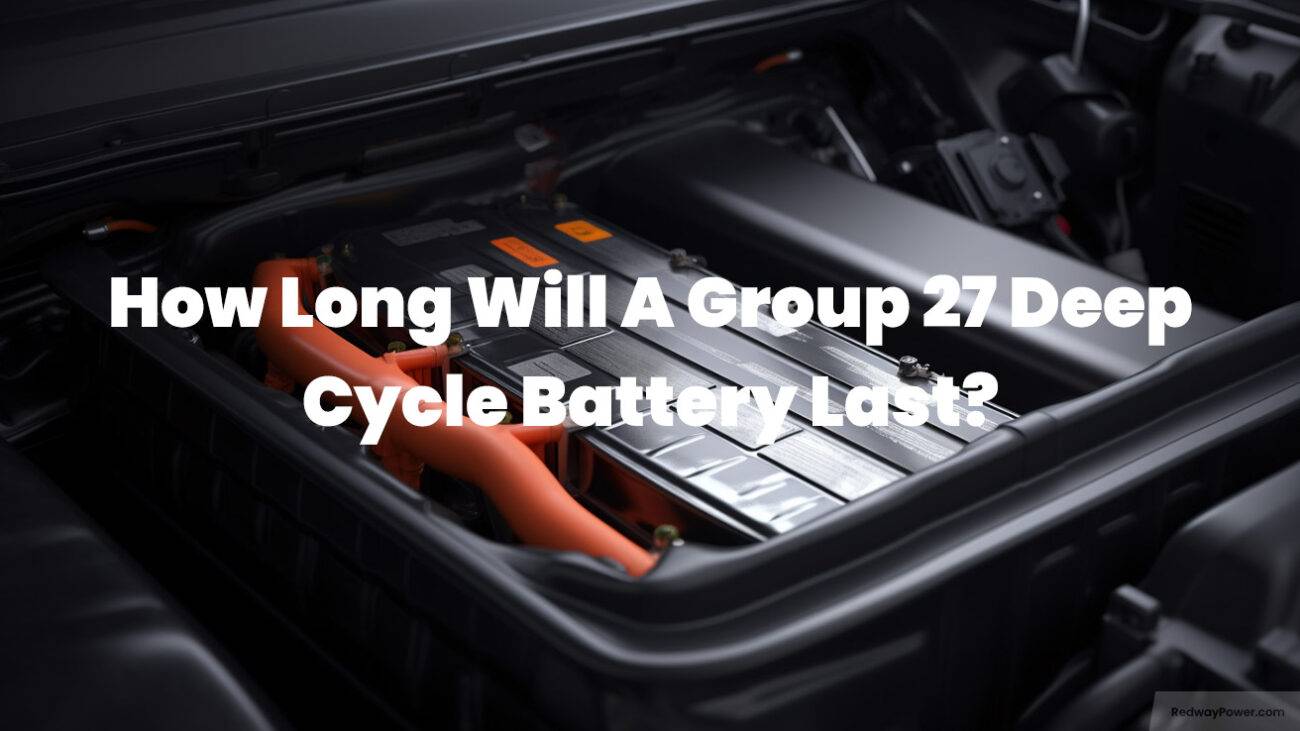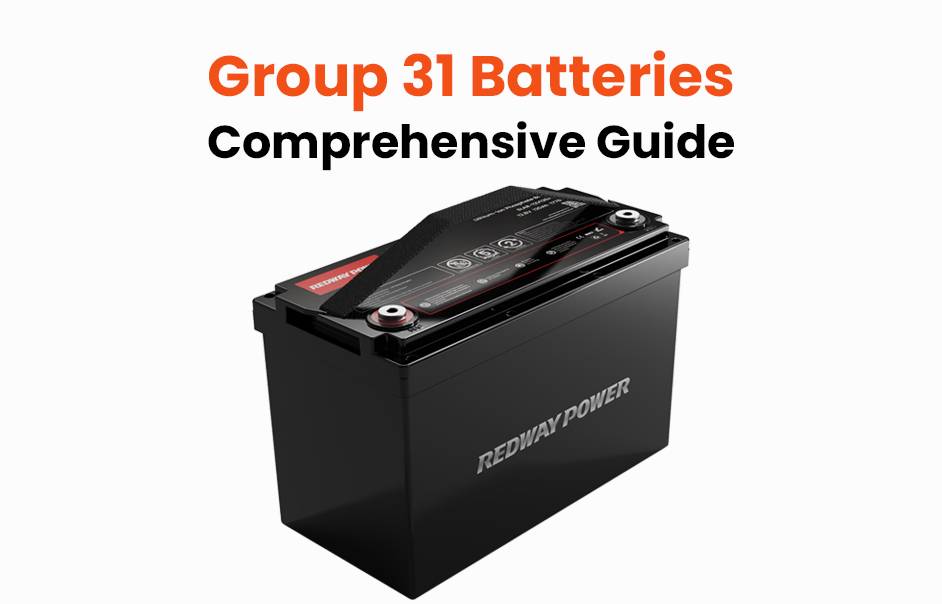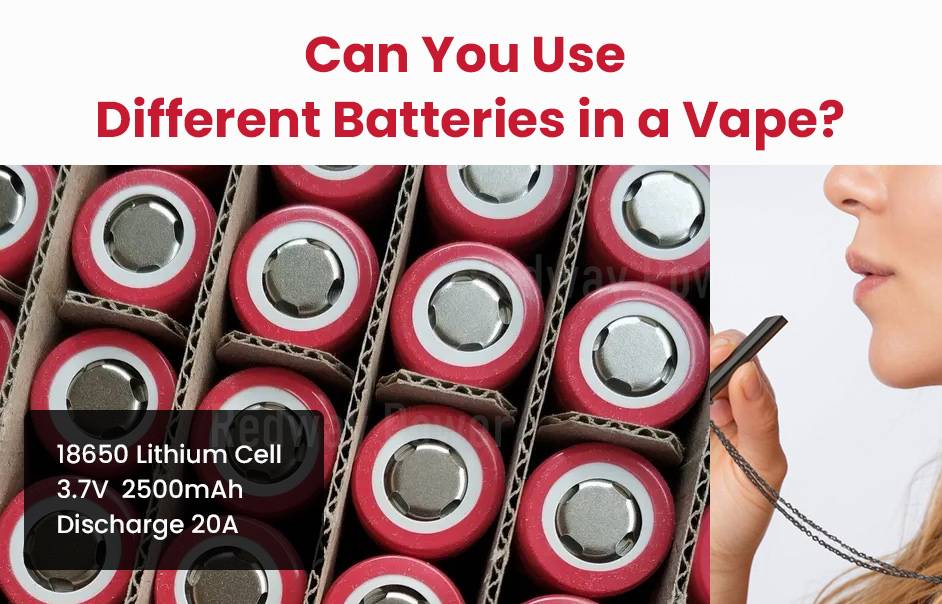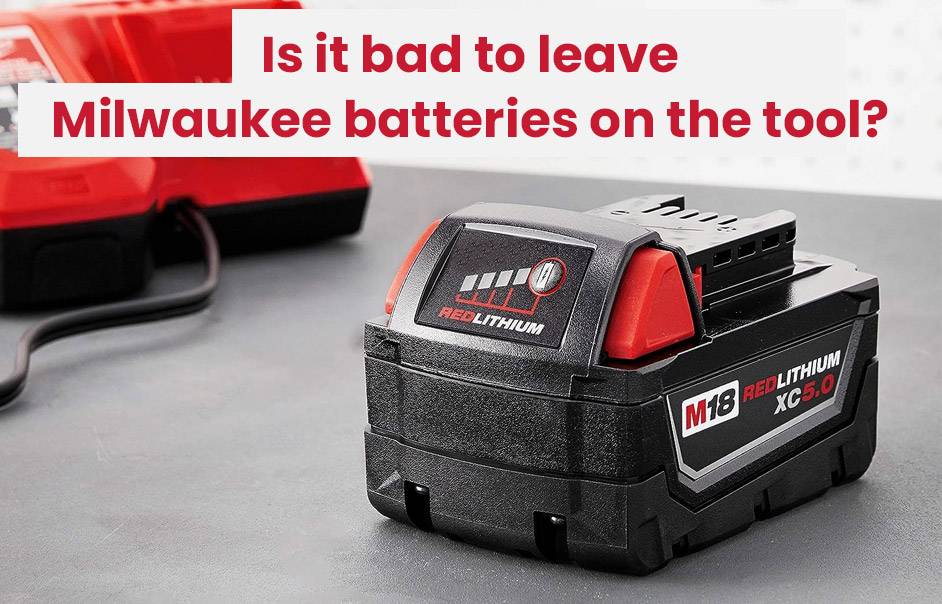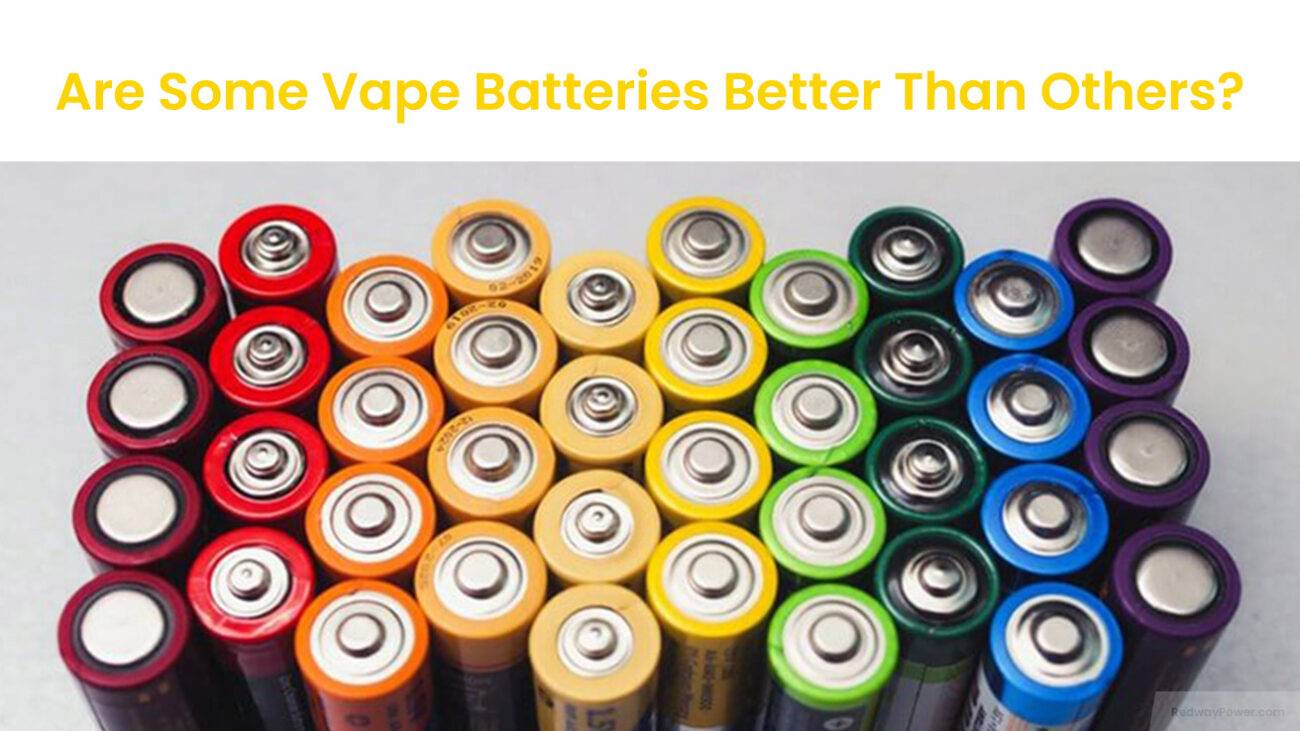Are you feeling a little lost when it comes to batteries? Don’t worry, you’re not alone! With so many different types available on the market, it can be confusing to know which one is best for your needs. In this blog post, we’ll shed some light on the difference between general purpose and deep cycle batteries. Understanding these distinctions will help you make an informed decision when it’s time to power up your devices or systems. So grab a cup of coffee, sit back, and let’s dive into the world of batteries!
General Purpose Batteries: Definition and Uses
General Purpose Batteries: Definition and Uses
When it comes to powering our everyday devices, general purpose batteries are the unsung heroes behind the scenes. These versatile power sources are designed to provide a steady and reliable flow of energy for a wide range of applications.
From remote controls to flashlights, toys to portable electronics, general purpose batteries come in various sizes and chemistries to meet the specific needs of different devices. The most common types include alkaline, lithium-ion, nickel-metal hydride (NiMH), and zinc-carbon batteries.
Alkaline batteries are widely used due to their affordability and long shelf life. They work well in low-drain devices such as clocks or remote controls. On the other hand, lithium-ion batteries offer higher energy density, making them suitable for power-hungry gadgets like smartphones or laptops.
For rechargeable options, NiMH batteries excel at delivering more sustainable power for high-drain devices like digital cameras or gaming controllers. Zinc-carbon batteries are economical choices for simple household items such as wall clocks or basic toys.
Whether you’re using a small device that requires occasional battery replacement or something more demanding that relies on frequent recharging cycles – general purpose batteries have got you covered!
Deep Cycle Batteries: Definition and Uses
Deep cycle batteries are a specialized type of battery that is designed to provide a steady and consistent flow of power over an extended period of time. Unlike general purpose batteries, which are typically used for short bursts of high energy output, deep cycle batteries are built to handle continuous and sustained use.
One key feature that sets deep cycle batteries apart is their construction. They are built with thicker plates and denser active materials, allowing them to withstand repeated discharging and recharging cycles without losing capacity or performance. This makes them ideal for applications such as marine vessels, recreational vehicles (RVs), golf carts, solar power systems, and electric vehicles.
Another distinguishing characteristic of deep cycle batteries is their ability to deliver energy at a slower rate over a longer period of time. This makes them well-suited for tasks that require constant power supply over several hours or even days. For example, deep cycle batteries can power the lights and appliances in an RV during camping trips or provide electricity for off-grid cabins.
When compared to general purpose batteries like car starter batteries or alkaline household batteries, deep cycle batteries have lower cranking amps but higher reserve capacity. In other words, they may not excel at providing quick bursts of high current but can sustainably deliver moderate amounts of power for longer durations.
Choosing between general purpose and deep cycle batteries depends on your specific needs. If you require short-term bursts of energy for devices like flashlights or remote controls, then general purpose alkaline or lithium-ion disposable cells will suffice. However, if you need reliable long-lasting power for demanding applications such as boat trolling motors or backup systems in case of grid failure – then investing in a quality deep-cycle battery is essential.
To maintain the performance and lifespan of both general purpose and deep cycle batteries it’s important to follow some basic maintenance tips:
– Keep the battery terminals clean from corrosion by regularly cleaning them with baking soda mixed with water
– Check the electrolyte levels in deep cycle batteries and top them off with distilled water if necessary
– Avoid
Comparison of General Purpose and Deep Cycle Batteries
When it comes to batteries, there are various types available in the market. Two common options that you might come across are general purpose batteries and deep cycle batteries. While both serve the purpose of storing and supplying electrical energy, they have distinct differences that make them suitable for different applications.
General purpose batteries, as the name suggests, are designed for everyday use. They provide a quick burst of power for devices such as remote controls, flashlights, and portable electronics. These batteries are typically inexpensive and readily accessible at most stores. However, they may not be able to sustain prolonged usage or handle heavy loads.
On the other hand, deep cycle batteries are specifically engineered to deliver sustained power over an extended period of time. They are commonly used in recreational vehicles (RVs), boats, golf carts, solar energy systems, and electric vehicles (EVs). Deep cycle batteries have thicker plates compared to general purpose ones which allows them to withstand repeated charging and discharging cycles without significant degradation.
In terms of capacity and longevity, deep cycle batteries outperform general purpose batteries by a wide margin. General purpose batteries typically have lower amp-hour ratings whereas deep cycle batteries can offer higher capacities ranging from 100Ah up to several hundred Ah depending on the size and application.
However, it is important to note that with increased performance comes a higher price tag. Deep cycle batteries tend to be more expensive than their general purpose counterparts due to their specialized construction and ability to handle deeper discharges without damage.
When considering which type of battery is best suited for your needs
Factors to Consider When Choosing Between the Two
Factors to Consider When Choosing Between the Two
Choosing between general purpose batteries and deep cycle batteries can be a daunting task, especially if you are not familiar with their differences and specific uses. However, by considering certain factors, you can make an informed decision that suits your needs.
It is important to assess your power requirements. If you only need occasional bursts of energy for short periods, such as in automotive applications or small appliances, then general purpose batteries may suffice. On the other hand, if you require sustained power over extended periods of time for applications like electric vehicles or off-grid solar systems, deep cycle batteries are better suited.
Another factor to consider is lifespan. General purpose batteries tend to have a shorter lifespan compared to deep cycle batteries due to their design and construction. Deep cycle batteries are specifically designed for repeated discharge and recharge cycles without significantly affecting their performance or capacity.
Moreover, budget plays a crucial role in decision-making. General purpose batteries generally have a lower upfront cost compared to deep cycle batteries. However, when evaluating long-term costs including replacement frequency and maintenance expenses, investing in deep cycle batteries might prove more economical.
Furthermore, it’s essential to consider the charging requirements of each battery type. General purpose batteries typically charge quickly but cannot handle high current charging rates well without compromising their longevity. In contrast, deep cycle batteries can handle slower charging rates effectively due to their thicker plates and robust construction.
One must also think about the environmental impact of each battery type before making a choice. Deep cycle lead-acid batteri es require proper ventilation due t o potential gas emissions during charging while some general-purpose batte ries contain hazardous materials that need careful disposal after use.
Considering these factors will help guide your decision-making process when choosing between general-purpose and deep-cycle b atteries — ensuring that you select the most suitable option based on your specific needs
Maintenance Tips for Both Types of Batteries
Maintenance Tips for Both Types of Batteries
Proper maintenance is crucial to ensure the longevity and optimal performance of both general purpose and deep cycle batteries. Here are some essential tips to keep in mind:
1. Regular Inspections: Periodically inspect your batteries for any signs of damage, leaks, or corrosion. This will help you catch potential issues early on.
2. Cleaning: Keep the battery terminals clean by regularly removing dirt, debris, and corrosion using a mixture of baking soda and water. Be sure to disconnect the battery before cleaning.
3. Charging: Follow the manufacturer’s instructions regarding charging procedures for your specific battery type. Overcharging or undercharging can significantly impact their lifespan.
4. Storage: If you need to store your batteries for an extended period, make sure they are fully charged before doing so. Store them in a cool and dry place away from direct sunlight.
5. Water Levels (for lead-acid batteries): For deep cycle lead-acid batteries with removable caps, check the water levels regularly and top them up if necessary using distilled water only.
6. Avoid Deep Discharge (for deep cycle batteries): Deeply discharging a deep cycle battery can cause irreparable damage over time. Try to avoid draining it below 50% capacity whenever possible.
7. Temperature Considerations: Extreme temperatures can affect battery performance negatively, so try to operate them within recommended temperature ranges as specified by manufacturers.
Remember that each type of battery has its own unique requirements when it comes to maintenance; therefore, it’s essential to refer to the manufacturer’s guidelines specific to your particular model.
By following these maintenance tips diligently, you’ll be able to optimize the lifespan and performance of both general-purpose and deep-cycle batteries alike!

